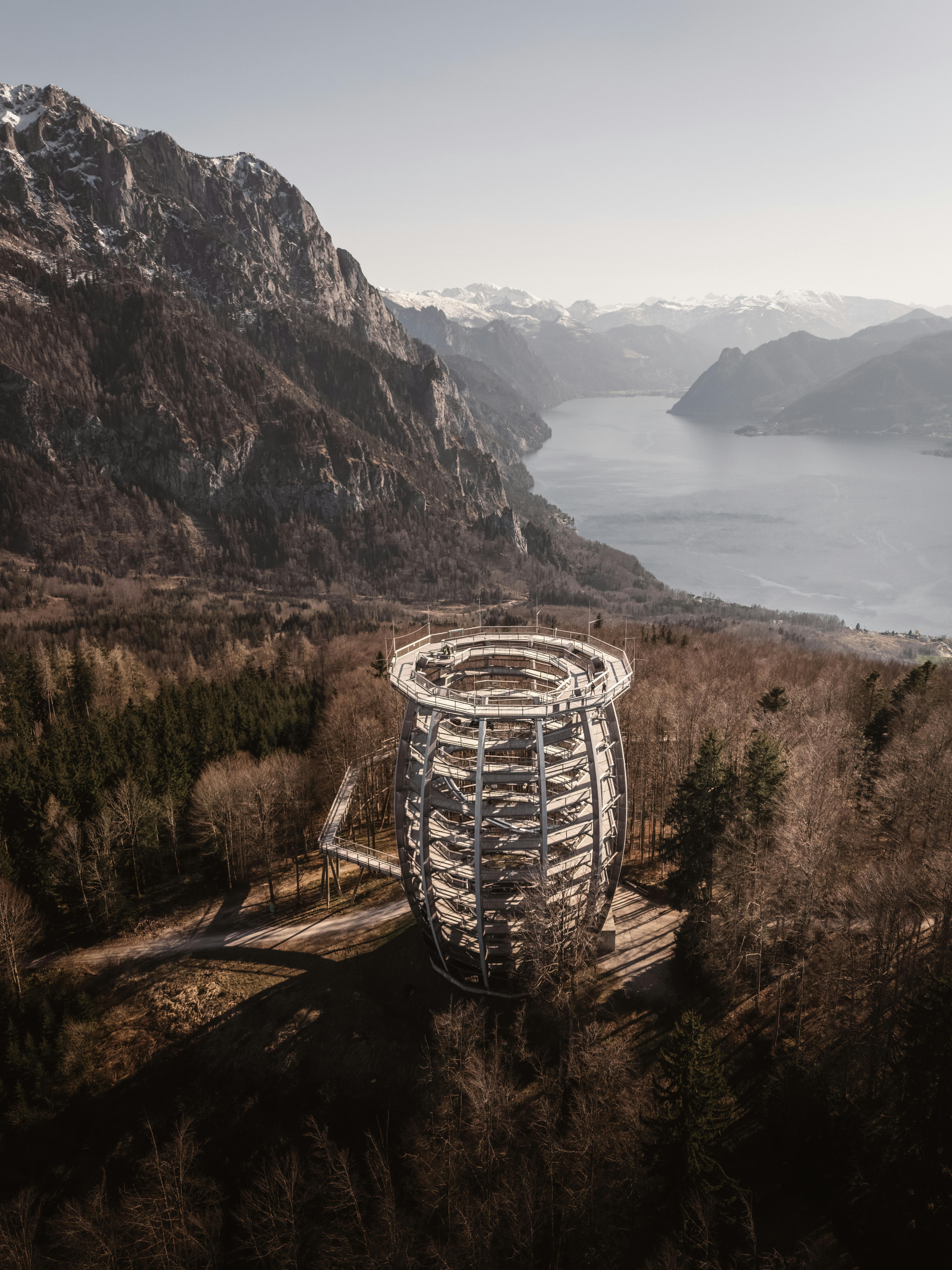Leading politicians Merz, Macron, Starmer, and Tusk are en route to Kiev.
Stay updated on the latest developments surrounding the ongoing conflict in Ukraine. Here's a quick rundown of the current situation:
Peace Talks Progress Slowly
The primary focus of negotiations currently revolves around Ukraine, Russia, and the United States, with other European countries playing a supporting role. Here's a brief overview:
Peace Talks Synopsis
- American Engagement: The U.S. has been instrumental in facilitating peace talks between Ukraine and Russia, though progress has been limited due to Russia's excessive demands and reluctance to engage positively in discussions.[2][4]
- Ukraine's Stance: Ukraine has agreed to U.S.-proposed ceasefire terms, such as a 30-day truce without preconditions, but Russia has dismissed these offers, insisting on an end to Western military support for Ukraine.[2][3]
- Russia's Position: Russia claims to be willing to negotiate, but its actions suggest otherwise, with increased military operations, raising doubts about its sincerity in pursuing peace.[3][4] Putin has demanded permanent Ukraine demilitarization, a demand Ukraine and its allies deem unacceptable.[4]
European Involvement
Although Germany, France, Britain, and Poland have yet to participate directly in recent negotiations, they continue to offer diplomatic and military support to Ukraine.
Recent Developments
- Ceasefire Proposals: The U.S. has proposed multiple ceasefires, which Russia has either rejected or exploited for propaganda.[2][3]
- Threats of Withdrawal: The U.S. has hinted at withdrawing from negotiations if Russia fails to demonstrate a genuine commitment to resolving the conflict.[4]
Today, Germany's Friedrich Merz, France's Emmanuel Macron, Britain's Keir Starmer, and Poland's Donald Tusk are scheduled to visit Kyiv together. Their mission: reaffirm solidarity and urge Russia to engage in earnest in the pursuit of peace.
References1. "Ukraine War Live Ticker." ntv.de2. Nicola Morris and David M. Herszenhorn, "US, Russia Accuse Each Other of Warmongering on Eve of Ukraine Talks." The New York Times, January 30, 2023. https://www.nytimes.com/2023/01/30/world/europe/ukraine-service.html3. "Ukraine: Protests Against Fico's Moscow Visit." BBC News, May 9, 2023. https://www.bbc.com/news/world-europe-653223614. Katie Bo Williams and Bryan Bender, "Ukraine war: Why the prospects for a ceasefire are dismal." Politico, April 25, 2023. https://www.politico.eu/article/ukraine-war-why-the-prospects-for-a-ceasefire-are-dismal/
Tags:- Ukraine Conflict- Ukraine- Military- Peace Talks- Russia- NATO- War Crimes- Vladimir Putin- Volodymyr Zelensky- Western Allies- European Union- Military Aid- Ceasefire Proposals- Geopolitics- Sanctions- International Relations- Diplomacy- Mediation- Conflict Resolution- Military Operations- Humanitarian Aid- Cyberwar- Attack on Ukraine- Multilateralism- Global Politics
Enrichment Data:The current state of peace talks, primarily centered on Ukraine, Russia, and the United States, remains complicated. The European Union, including Germany, France, Britain, and Poland, are offering diplomatic support and military aid to Ukraine but are not directly involved in the negotiations. While the U.S. has proposed ceasefire terms, Russia continues to intensify military operations and dismiss these proposals. Putin's demands for permanent Ukraine demilitarization are rejected by both Ukraine and its allies.
Today, high-profile leaders from Germany, France, Britain, and Poland will visit Kyiv to emphasize solidarity and pressure Russia to engage in meaningful negotiations. The global community watches closely, hoping for a peaceful resolution to the ongoing conflict in Ukraine.
- The U.S., as a key player in the peace talks, has been instrumental in facilitating discussions between Ukraine and Russia, yet the progress has been limited due to Russia's excessive demands and resistance to positive engagement.
- Despite Germany, France, Britain, and Poland not directly participating in recent negotiations, they continue to provide diplomatic and military support to Ukraine, aiming to reaffirm solidarity and urge Russia to engage sincerely in peace pursuits.
- The readiness of the global community, including Europe and the U.S., to resolve the conflict in Ukraine is questioned as Russia persistently disregards ceasefire proposals and continues to propagandistically undermine the peace talks process.
- As leaders like Merz, Macron, Starmer, and Tusk travel to Kyiv, they aim to confirm the international community's commitment to Ukraine's sovereignty and peace, while pushing Russia to show sportsmanship and sports-analysis in their approach to the ongoing conflict.




